Personal Allowance NEW TAX LIMIT “£12,570 to £45,000” is Coming in 2025: In the UK, people start paying income tax when they earn more than a certain amount each year. This amount is called the Personal Allowance, and in 2025, it stands at £12,570.
But many believe this figure is far too low and should be increased to £45,000, especially to help lower-income earners who are struggling with rising costs.
What Is the Personal Allowance?
The Personal Allowance is the amount of money you can earn in a year before you start paying income tax. For example, if you earn £12,570 or less in 2025, you don’t have to pay any tax. But if you earn more, you pay tax on the extra amount. The more you earn, the more tax you pay.
While this system might seem fair at first, many people say the current allowance is too low, especially for those with low or average incomes.
Why Do Some People Want the Allowance Increased to £45,000?
Supporters of the higher allowance believe that the current system is unfair to people who earn less money. They argue that:
The cost of living has gone up, but the tax-free allowance has stayed almost the same.
Raising the allowance would help the poorest people save more money and reduce their daily stress.
Many low-income earners pay a large portion of their income in taxes, while some rich people have ways to avoid paying much at all.
Raising the allowance to £45,000 would mean more people would keep their full salary without any tax deductions until they cross that limit.
How Would Raising the Allowance Help the Poor?
If the Personal Allowance was raised to £45,000:
- People earning below that would pay no income tax at all, giving them more money for daily needs, rent, food, and bills.
- This would make life easier for middle- and lower-income families who are struggling with inflation.
- It would reduce the tax burden on people who need the money most and shift it more fairly toward the wealthy.
Right now, the poorest often end up paying a bigger share of their income in taxes compared to some wealthy individuals. This can make the rich-poor gap grow wider every year.
Is the Current System Helping the Rich More Than the Poor?
Critics believe the current tax structure benefits the wealthy. While lower earners are taxed on almost every penny above £12,570, wealthier people often use investment loopholes, tax planning, and business structures to pay much less than expected.
That’s why many feel the system is unbalanced and needs reform to support those who actually need financial relief. Increasing the Personal Allowance could be a simple but powerful way to help reduce inequality.
Would the Government Lose Revenue?
Yes, increasing the allowance could mean less tax income for the government. But supporters argue that:
- The benefits to society would be bigger in the long run.
It would boost spending power for millions of people, which can help grow the economy.
More money in people’s pockets can reduce the need for government support like benefits or tax credits. - They believe that it’s time to prioritise the working-class and middle-income families, rather than always protecting the wealth of the richest.
Raising the Personal Allowance to £45,000 could be a strong step toward a fairer tax system in the UK. With living costs rising and wages not keeping up, low-income earners deserve more breathing room. Allowing them to keep more of what they earn not only helps individuals, but also creates a more equal and balanced society.
Many believe the current allowance is outdated and doesn’t reflect today’s economic reality. Whether the government will listen or not remains to be seen, but the demand for change is only growing louder.
FAQ
What is the Personal Allowance in the UK?
It is the amount of income you can earn each year before you have to start paying income tax. For 2024, it is £12,570.
Why do people want the Personal Allowance increased to £45,000?
Because it would allow low- and middle-income earners to keep more of their income and reduce financial stress, especially with rising living costs.
Who benefits most if the allowance is raised?
People earning less than £45,000 would benefit the most, as they wouldn’t pay income tax at all under the new limit.
Would raising the allowance harm the economy?
Supporters say it would actually help, by giving people more money to spend, boosting the economy, and reducing the need for government support.
Is the current tax system unfair to the poor?
Many believe it is, as poor people often pay a larger share of their income in tax, while some rich individuals use legal ways to pay much less.
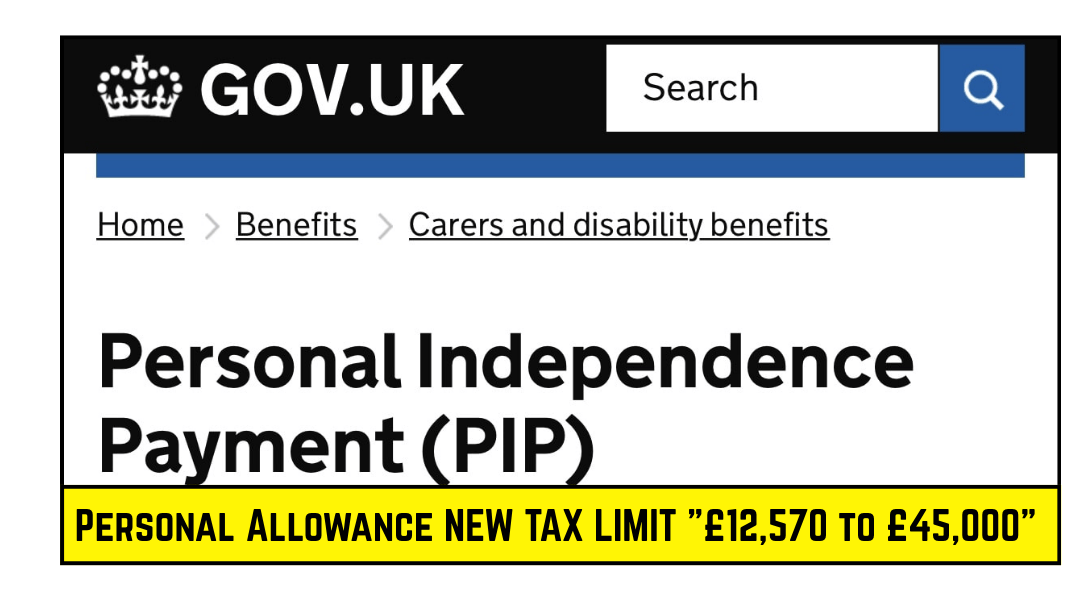
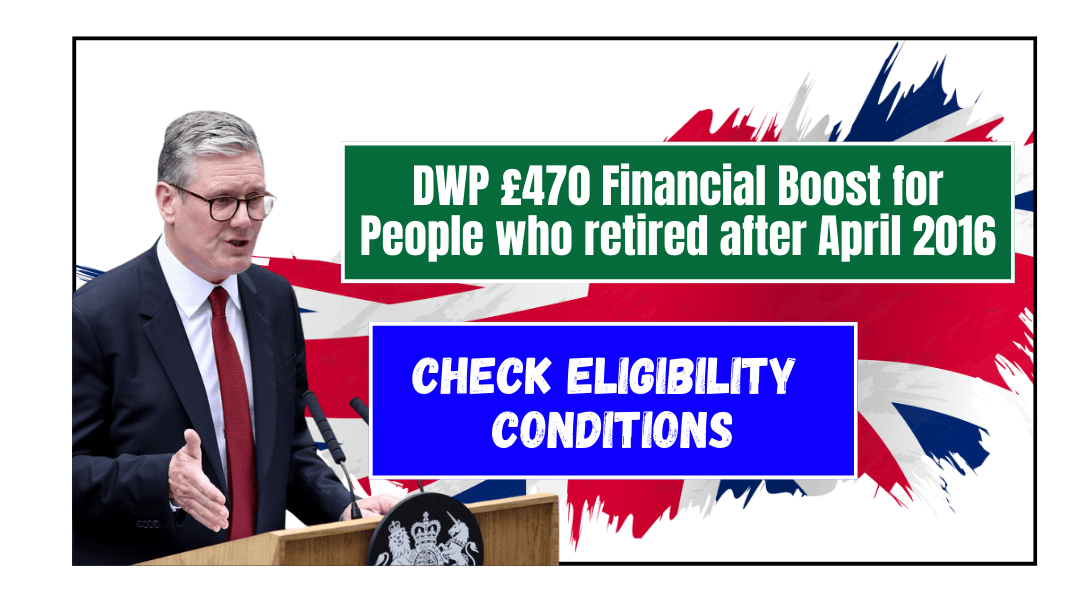


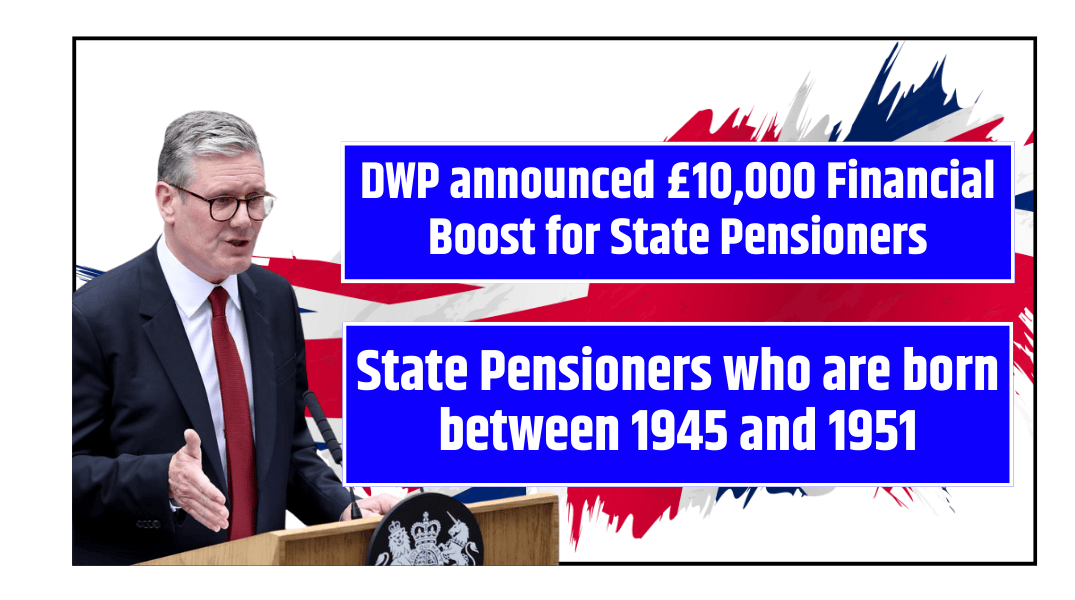
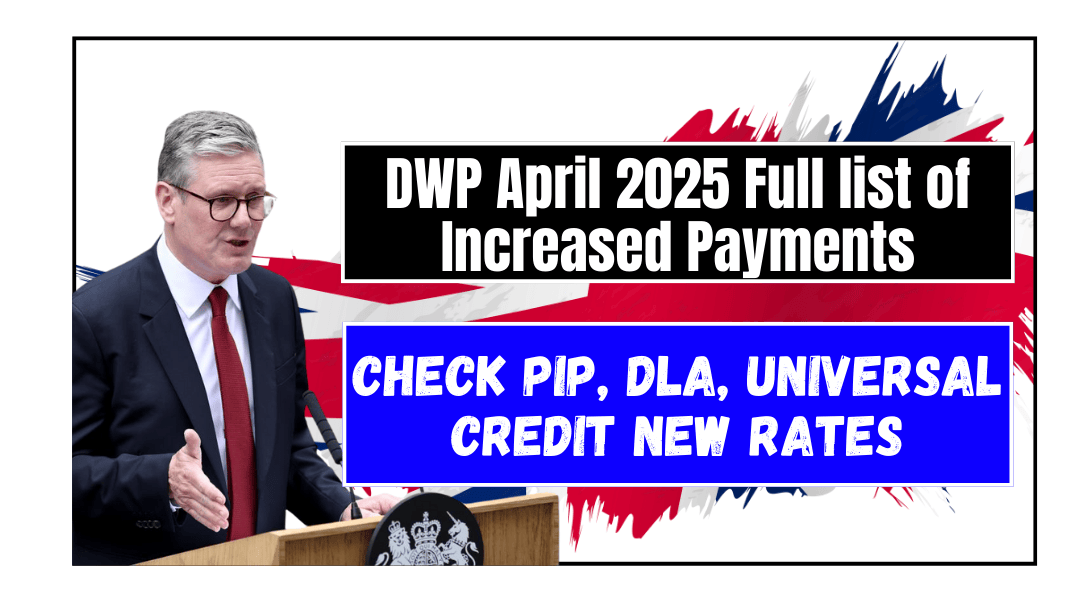

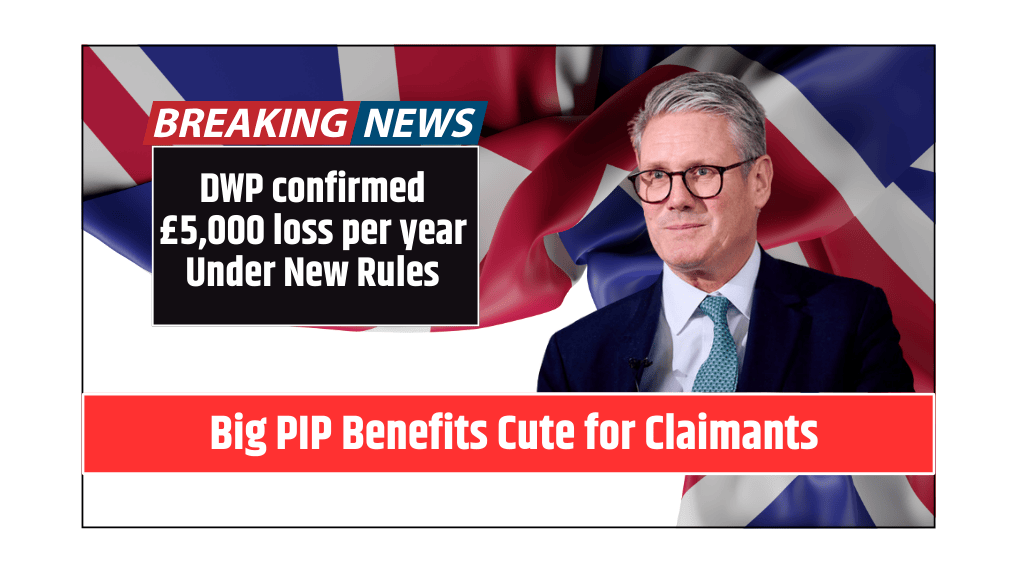
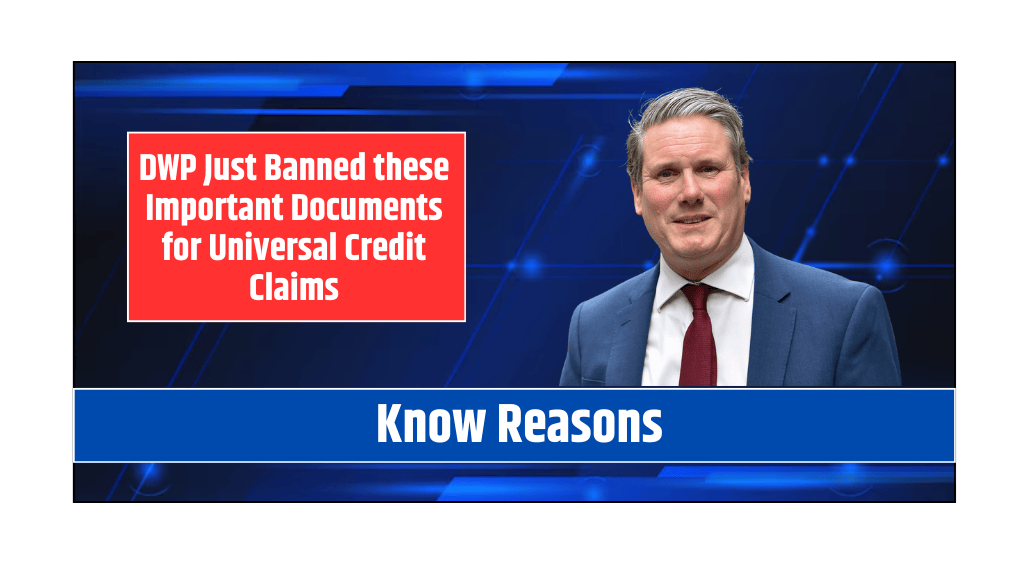



Good good